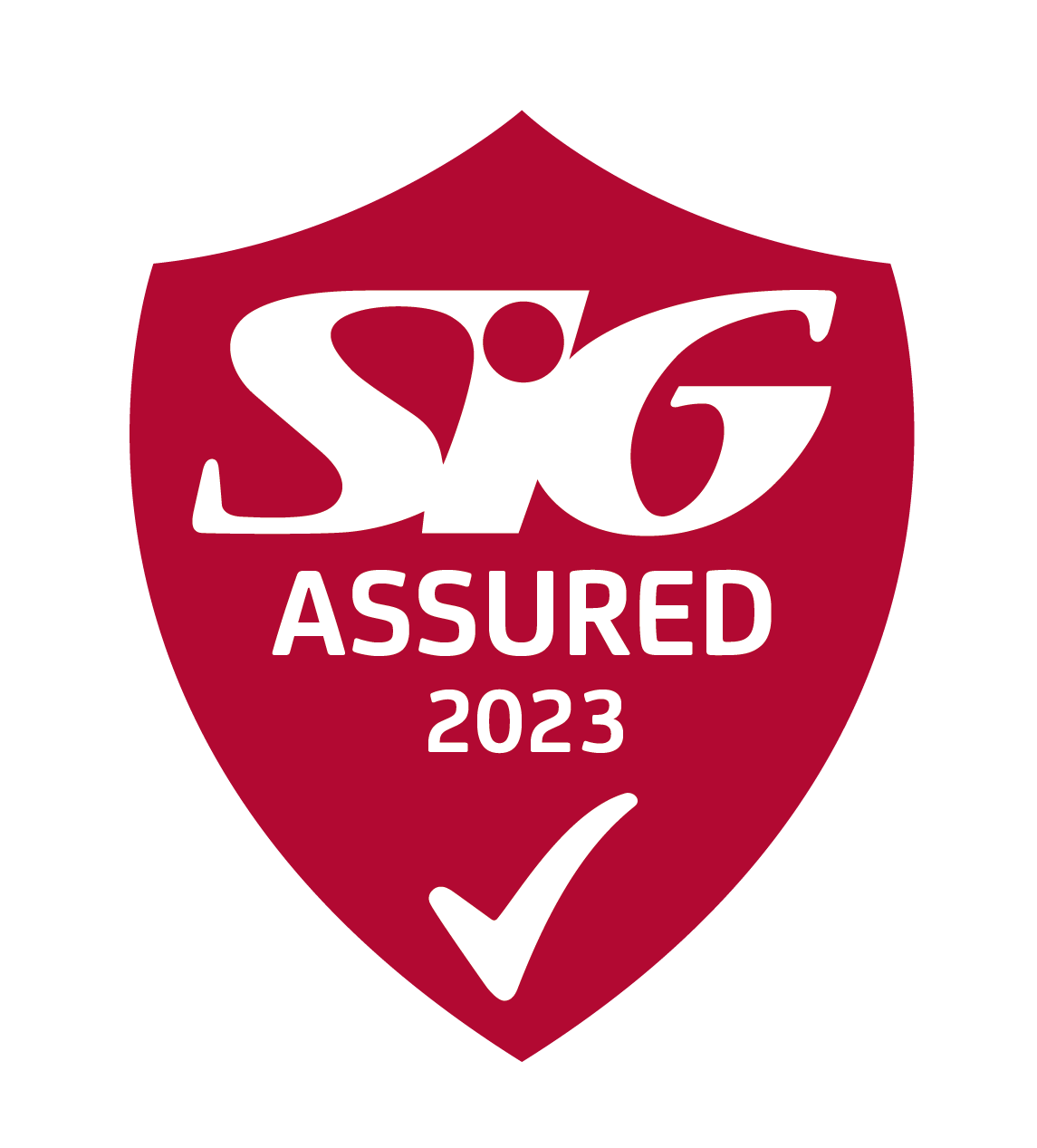Conflict Minerals
The EU passed a Regulation on Conflict Minerals ("the Regulation") in 2017 and its requirements finally began to apply to importers of covered minerals as of 1 January 2021. Conflict minerals – usually "the 3Ts" (tantalum, tin, and tungsten) and gold ("3TG") are crucial in the components of many consumers electronic products and have applications in aerospace, automotive, medical and other sectors.
|
Mineral |
Description |
Major uses |
|
Cassiterite |
Ore from which tin is extracted |
Plating and solders for joining pipes and electronic circuits |
|
Columbite-tantalite |
Ore from which tantalum is extracted |
Electrical components (including those used in mobile phones, computers, videogame consoles), aircraft and surgical components |
|
Gold |
Rare metal found in a native (pure) form and obtained as a by-product of other mining operations |
Jewellery, electronic, communications and aerospace equipment |
|
Wolframite |
Ore from which tungsten is extracted |
Metal wires, electrodes and contacts in lighting, electronic, electrical, heating and welding applications |
The mining of these elements has been linked to the advancement of armed conflict and human rights abuses, particularly in the Democratic Republic of Congo and the Great Lakes region of Africa. The Regulation requires EU importers to conduct robust due diligence in their supply chains in order to cut off the flow of finance to the mines controlled by rebel groups committing these abuses. The Conflict Minerals Regulation will be "on the UK statute book" as of the end of the Brexit transition period. However, as with other areas of law, the application of the Conflict Minerals Regulation in the UK longer-term may depend on the terms of any final exit deal between the UK and the EU. At the time of writing, no secondary legislation has been passed to adjust the EU-specific references within the Conflict Minerals Regulation to ensure its smooth operation after Brexit.
The UK has designated the Office for Product Safety and Standards as the competent authority with powers to enforce the Regulation. The UK has been active in the development of conflict mineral rules and has contributed to the OECD Guidance on which the Regulation is based. Companies whose supply chains involve any of the conflict minerals listed above should implement the OECD Due Diligence Guidance for Responsible Supply Chains of Minerals from Conflict-Affected and High-Risk Areas. This Guidance provides management recommendations for global responsible supply chains of minerals to help companies to respect human rights and avoid contributing to conflict through their mineral or metal purchasing decisions and practices.
Useful Links
https://www.oecd.org/daf/inv/mne/weakgovernancezones-riskawarenesstoolformultinationalenterprises-oecd.htm
http://eur-lex.europa.eu/legal-content/EN/TXT/?uri=CELEX:32017R0821

